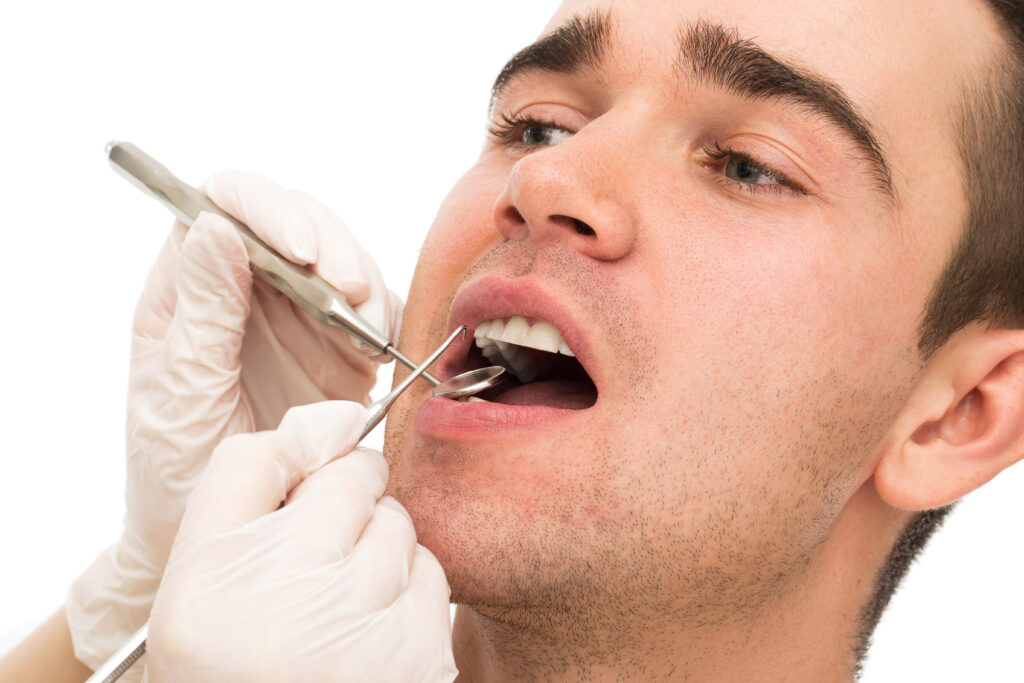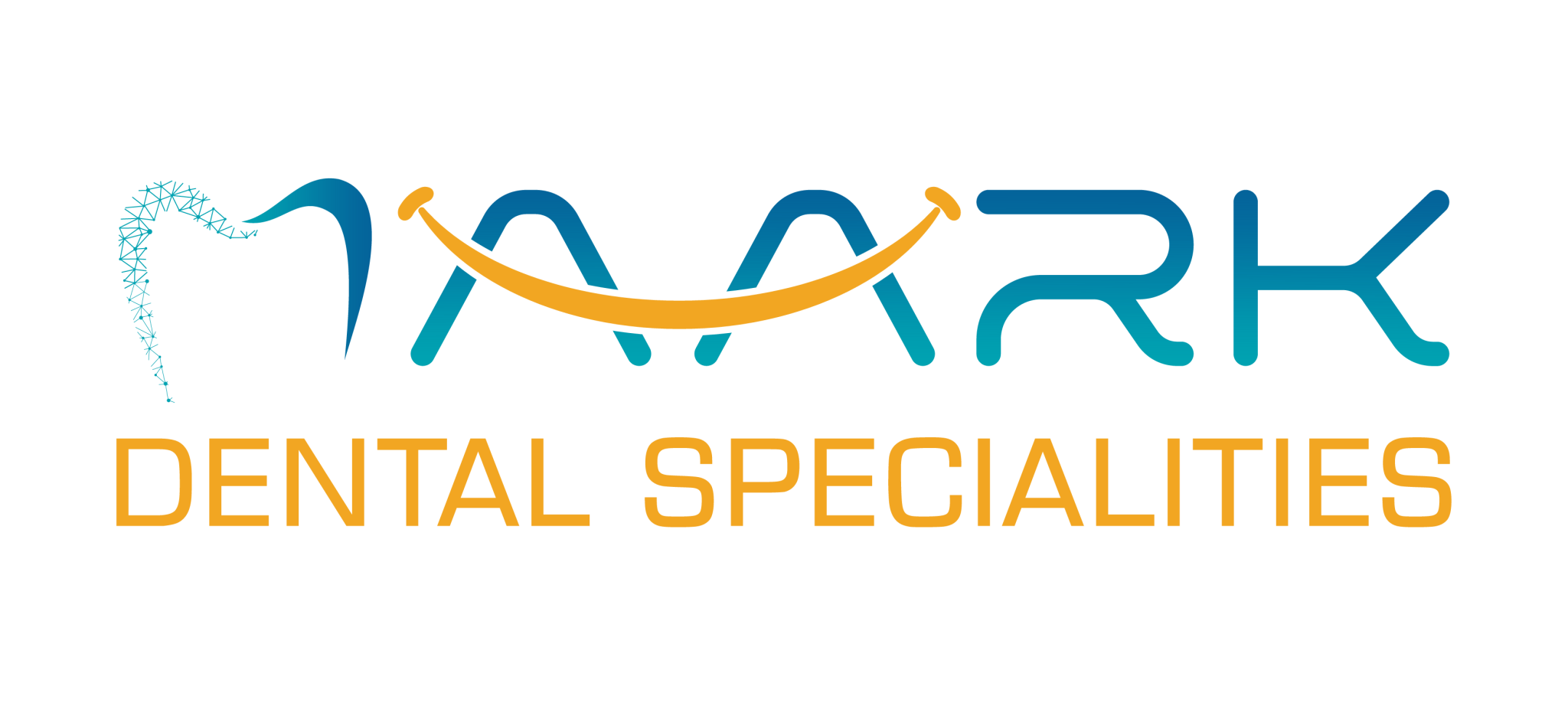Tooth Injury

Dental trauma refers to injuries affecting the teeth, gums, mouth, or jaw due to various accidents or incidents. Trauma to the mouth or face can lead to a range of injuries, from minor chips or fractures to severe damage affecting multiple teeth or the surrounding structures.
Symptoms of dental trauma depend on the type and severity of the injury. Common signs include chipped or broken teeth, displaced teeth, bleeding gums, swelling, or pain in the affected area. In cases of severe trauma, individuals might experience loose or knocked-out teeth, lacerations to the lips, tongue, or inner cheeks, or jaw fractures.
Causes of dental trauma vary and can result from falls, sports-related injuries, vehicle accidents, or other physical impacts to the face. Accidents during daily activities or biting down on hard objects can also lead to dental injuries. Children, especially those participating in sports, are particularly prone to dental trauma.
Diagnosis:
- Clinical Examination: Inspecting for visible injuries or displaced teeth.
- X-rays: Assessing fractures or damage to the teeth and supporting structures.
Solutions:
- Restorative Dentistry: Dental bonding, crowns, or veneers to repair damaged teeth.
- Splinting: Stabilizing displaced teeth using orthodontic wires or splints.
- Root Canal Therapy: Treatment for severe trauma affecting tooth nerves.
- Emergency Dental Care: Immediate treatment for acute injuries or severe pain.
Preventing dental trauma involves using protective gear during sports activities, maintaining a safe environment to prevent falls or accidents, and avoiding habits like chewing on hard objects. Implementing proper oral hygiene practices and attending regular dental check-ups aid in early detection and management of potential dental issues.
Educating individuals about preventive measures, immediate actions to take in case of dental trauma, and the importance of seeking prompt dental care for injuries promote better outcomes and help preserve oral health.


